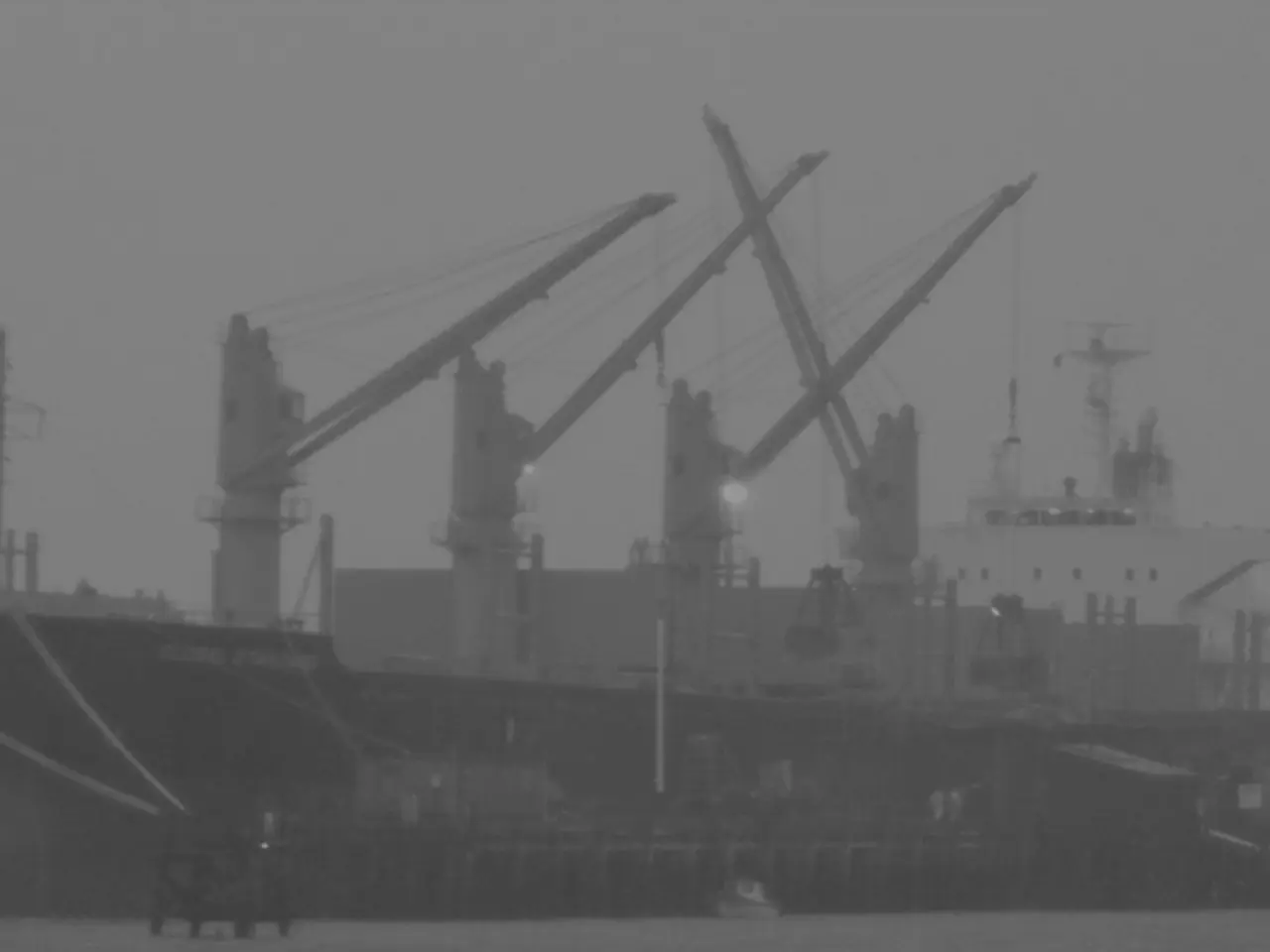Intense Criticism of China Preparing for Japan and Indonesia Visits
In a significant shift in foreign policy, Germany is expressing growing concern over China's military assertiveness in the Indo-Pacific region. This new stance, emphasised by Foreign Minister Johann Wadephul, views China's actions in the Taiwan Strait, East China Sea, and South China Sea as a direct threat to international security, the rules-based international order, and European interests.
Wadephul's public statements highlight that China’s military activities around the Taiwan Strait and in disputed maritime zones threaten regional security and risk disrupting critical international trade routes essential to German and European economic interests. He has warned that the conflict potential in these areas could have serious global repercussions.
Germany frames China's actions as challenging the international legal order, particularly norms governing freedom of navigation and territorial sovereignty in the Indo-Pacific. Germany supports maintaining free shipping lanes and opposes unilateral attempts to impose hegemony over these waters.
During diplomatic visits to Indo-Pacific countries like Japan and Indonesia, Germany reinforces cooperation focused on security and economic interests, explicitly linking the stability of the Indo-Pacific to European security. The visits also reaffirm commitments to free trade, the rule of law, and multilateralism.
Germany's position is part of broader European concern over China's assertiveness in the Taiwan Strait and South China Sea, viewing these tensions as threats that necessitate unified responses in line with international law. While Germany advocates a strong rules-based approach, the policy balance also reflects economic ties with China, with no indication of open confrontation but rather emphasis on cooperative yet firm diplomacy and support for regional partners.
This shift in foreign policy comes as Wadephul prepares to give a speech at a peace foundation in Tokyo and meet with Prime Minister Shigeru Ishiba, Foreign Minister Takeshi Iwaya, and several ministers responsible for economic affairs. He also plans to visit Indonesia on Wednesday. Wadephul has expressed gratitude to Japan for its continued support of Ukraine and has criticised China for challenging the economies of Germany and Japan with unfair and market-distorting trade practices. He has also criticised China for aggressive behavior in the Taiwan Strait and the East and South China Seas.
In summary, Germany's latest foreign policy developments reveal a clear stance against China's coercive maritime behavior and military pressure in the Indo-Pacific. Germany links these developments directly to European security and economic interests, championing free and open sea lanes, adherence to international law, and multilateral security cooperation in the region. Intensive European and U.S. peace efforts must lead to a just peace that respects the fundamental security interests of Ukraine and Europe.
- Germany's foreign policy shift, as highlighted in Foreign Minister Johann Wadephul's statements, underscores a shared European concern about China's military activities and the threats they pose to the rules-based international order, general news, and politics.
- In the realm of policy-and-legislation, Germany's efforts in the Indo-Pacific focus on maintaining free shipping lanes, opposing unilateral control, and advocating for a rules-based international order, particularly in war-and-conflicts zones like the Taiwan Strait and South China Sea.








